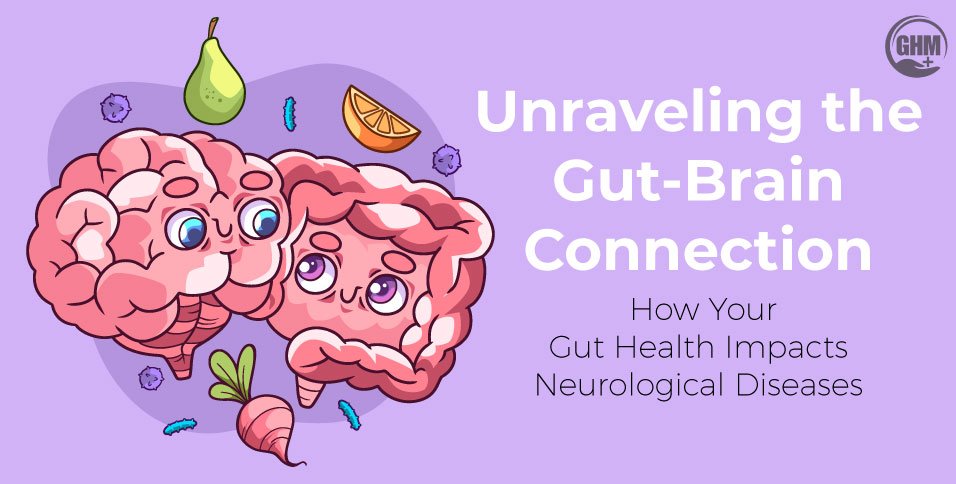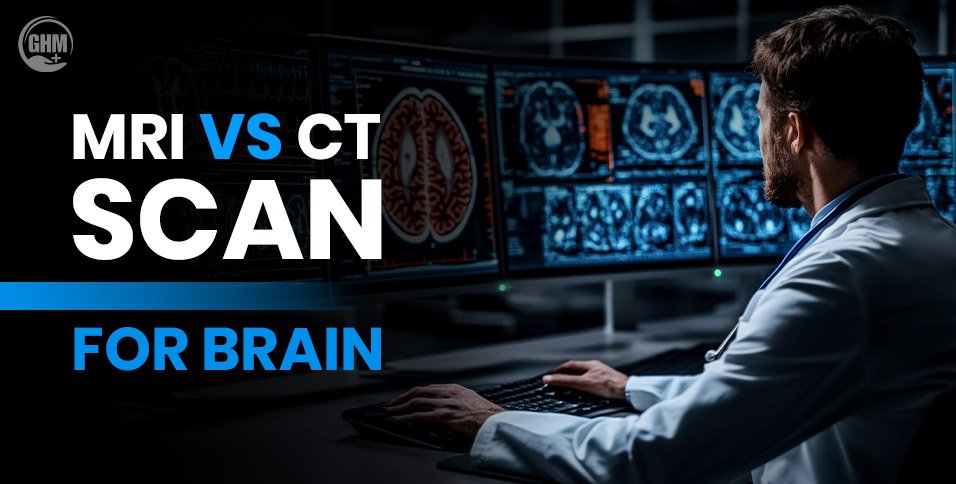In recent years, scientists have uncovered a fascinating and intricate connection between our gut health and the well-being of our brain. The gut-brain axis, as it’s commonly referred to, is a complex network of communication between the gastrointestinal system and the central nervous system. This interplay has far-reaching implications for our understanding of neurological diseases and overall health.
The Gut: A Microbial Wonderland
Our gut is home to trillions of microorganisms, collectively known as the gut microbiome. This thriving ecosystem includes bacteria, viruses, fungi, and more. Surprisingly, this microbial community plays a pivotal role in influencing not just our digestive health but also our mental and neurological well-being.
Neurological Diseases: Beyond the Brain
Traditionally, we’ve viewed neurological diseases as disorders confined to the brain and nervous system. However, emerging research suggests that these ailments might have unexpected origins in the gut. Conditions like Parkinson’s disease, Alzheimer’s disease, and multiple sclerosis are now being explored in the context of the gut-brain axis.
The Gut-Brain Connection
So, how does this connection work? The gut microbiome produces various metabolites and molecules that can directly affect the brain. For example, certain gut bacteria can produce neurotransmitters like serotonin and dopamine, which play crucial roles in mood regulation. An imbalance in these neurotransmitters can lead to conditions like depression and anxiety.
Additionally, the gut microbiome plays a significant role in regulating inflammation throughout the body. Chronic inflammation has been linked to neurodegenerative diseases, such as Alzheimer’s and Parkinson’s, as well as mental health disorders.
Case Studies: Evidence of the Link
Research in this field has produced intriguing case studies. For instance, studies have shown that the composition of the gut microbiome in individuals with Parkinson’s disease differs from that of healthy individuals. Similarly, alterations in the gut microbiome have been observed in individuals with Alzheimer’s disease.
Moreover, experiments involving the transplantation of fecal matter from individuals with neurological diseases into animal models have demonstrated changes in brain function and behavior, reinforcing the notion of a gut-brain connection.
The Road to Better Health
Understanding the link between gut health and neurological diseases opens up new avenues for potential treatments and preventive strategies. Probiotics, prebiotics, and dietary changes aimed at nurturing a healthy gut microbiome are being explored as complementary approaches to conventional treatments for neurological conditions.
Conclusion
The emerging research into the gut-brain axis has illuminated a profound connection between our gut health and neurological diseases. The gut microbiome is not merely responsible for digestion; it plays a vital role in influencing our mental and neurological well-being. While the field is still evolving, the potential for groundbreaking treatments and prevention strategies is promising. As we continue to unravel the mysteries of this intricate relationship, we can look forward to a future where a healthy gut contributes to a healthier brain and a brighter outlook on neurological diseases.
ALSO READ: Unlocking the Future: The Promise of Brain Implants in Neurology



















